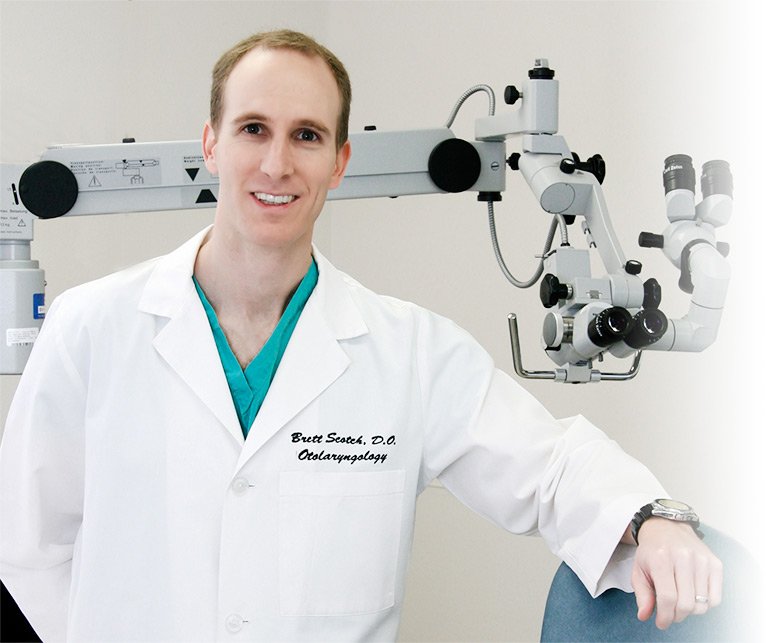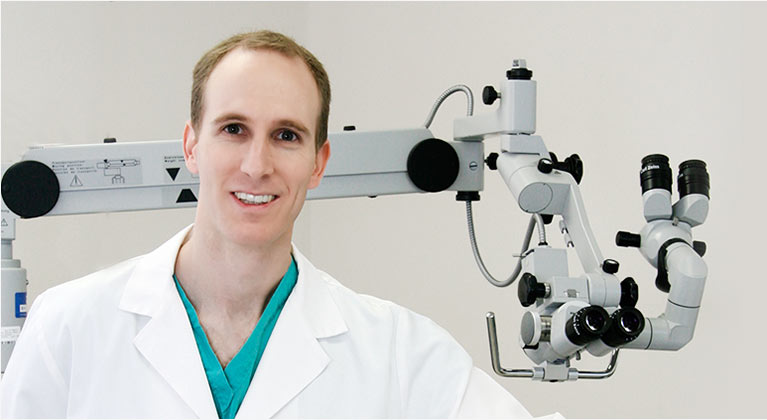Hearing Aids
Did you know that in the United States hearing loss is one of America’s leading disabilities? It affects 12% of all Americans and their ability to understand normal speech. For those age 65 or older that ratio can be 1 in 3. Noise is one of the leading causes of hearing loss.
How Do I Know If I Need A Hearing Aid?
There are many signs that you or a family member may notice that could indicate difficulty hearing. The first step in determining whether you have a hearing loss is to have a hearing evaluation by our audiologists and/or a medical exam by our ENT physicians. Hearing problems can range from ear wax impactions that obstruct hearing and are simply removed in the office by the physician, to more complex diagnoses.
If it is determined that you do have hearing loss and it cannot be treated by medical or surgical intervention, then hearing aids may be an option for you. A hearing aid evaluation is a free informational session with our audiologist. It lasts approximately one hour and is an opportunity for you and our audiologist to work together to determine which hearing aid would be the best fit for your lifestyle. During this visit, realistic expectations, styles of hearing aids, technology and features of hearing aids, cost of hearing aids,and your listening needs will be discussed. You may have a pair of hearing aids demonstrated to you in the office. If you choose to order a model that requires a custom fit, an impression of your ear will be taken on this visit.
What Are Some Different Types And Styles Of Hearing Aids?
- Tiny, completely in the canal
- Behind the ear aids
- Mini hearing aids
- Receiver in the canal aids
- CROS style
Connection to your cell phone
Hearing aids have Bluetooth technology, and this allows them to be paired or connected to most smart phones. This gives patients the ability to make hearing aid adjustments on their own without having to make an appointment with our office.
Do I Receive Follow Up Care?
At Scotch Institute of Ear Nose & Throat, your hearing aid follow-up visits are covered in the cost of the hearing aids for the duration of your warranty period and we can assist you with your aids as long as you own them. You will have a minimum of four visits with your audiologist. The first visit is the hearing aid evaluation. At your second visit, you will be custom fit with your hearing aids and you will learn how to use and care for them. During your 30-day trial period, you will visit with your audiologist twice to check your progress and make any necessary adjustments. After this time we are still available to you for any adjustments or issues with your aids!
I Have An Older Aid I Purchased Somewhere Else
If you did not purchase your hearing aids through Scotch Institute of Ear Nose & Throat but would like to have your hearing aids serviced or have a hearing aid repair, please schedule an appointment with our audiologist by calling (813) 994-8900 to review your options for repair or reprogramming. We would be happy to assist you with most brands and styles.
It is recommended that you have your hearing aids checked and cleaned annually by an audiologist to prevent your hearing aid(s) from breaking down and to help ensure the longevity of your aid(s). Often over time, as your hearing changes or as you get more used to your hearing aid(s), the aid(s) will need to be adjusted to best suit your hearing needs. Our audiologists can make adjustments on almost any brand of hearing aid(s), even if you were not fit with your hearing aid(s) at our office.
What is a CROS hearing aid?
A CROS (Contralateral Routing of Signal) hearing aid is designed for people who have normal hearing in one ear and little to no hearing in the other ear. The purpose of a CROS hearing aid is to help you hear sounds coming from the side that can’t hear, and sending those sounds to your better ear.
Here’s how it works:
- The CROS system includes two devices. One device is placed on your ear with little or no hearing, and it picks up sounds from that side.
- This sound is then wirelessly transmitted to the second device, which is worn on your better-hearing ear.
- The better ear hears the sound, allowing you to detect sounds from all around you, not just from your good ear’s side.
This system is particularly useful in situations where sound comes from different directions, like in a conversation or in a busy environment. The CROS hearing aid helps balance your hearing experience, making it easier to understand speech and stay aware of your surroundings.
















